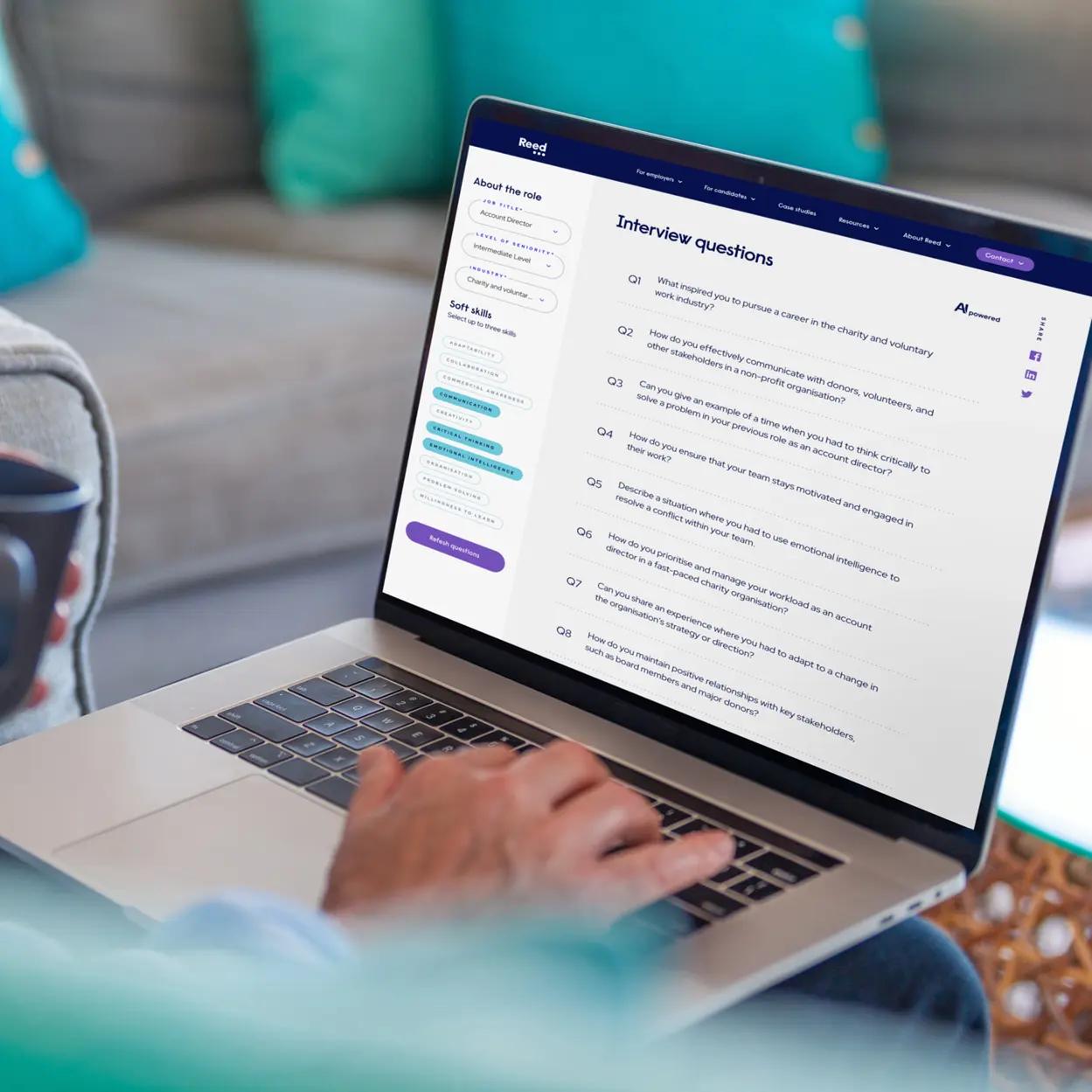Planning lessons can be time consuming and stressful, even for an experienced teacher. We know everyone has their own style, but we hope these tips from some of the teachers we work with will help save time and help you deliver outstanding lessons!
The objective
Behind every great lesson is a strong learning objective. Before you start, it's important to think about the broader sequence of your lessons and where this fits in to make sure you're on track. Some teachers plan out their learning objectives for a whole topic at the same time, so they can easily ensure they are moving their class through the learning without missing anything or duplicating activities.
To make sure it is achievable, try making sure it's SMART (a cheesy business acronym, but useful to focus your thoughts!)
Specific - e.g. Recognise properties of 2D shapes and be able to describe them
Measurable - e.g. Be able to correctly describe shapes from group activity, which is reinforced with homework activity
Achievable - e.g. Builds on prior knowledge and can be achieved in the lesson
Realistic - e.g. includes differentiation and extension activity to support all pupils
Timebound - e.g. Be able to learn the descriptive terms and apply them in this hour
Think backwards…where will your students end up?
"I found this useful as I have a tendency to sometimes get carried away planning ideas, then realise that the outcome isn't quite the same as the learning objective! It's a been a good way to stay focused."
Present your lesson plan
Letting your students know what they will be learning and doing in class will help keep them more engaged and on track. You can share your lesson plan by writing a brief agenda on the board or telling students explicitly what they will be learning and doing in class to structure the lesson, which will help you and students stay on track.
Question control
When planning your lesson, it can be useful to think about what kinds of questions will be productive for discussion and what questions might sidetrack the class, especially if there's some prior knowledge (or possible misconceptions!). It's important to try to strike a balance between discussion and meeting your learning objective, as it's easy to get distracted with a discussion that moves you away from what you're trying to achieve.
Resources
There are so many sites to find resources, and they can be such a time saver. However, if you're making or adapting your own, it can be useful to stick to the rule that the time spent on them should be no more than half of the time they'll be used for in the lesson. This can be hard to stick to at first, but is a good way to make sure you're using your time effectively, and focusing on the bigger picture.
Timing and pacing control
It's very easy, especially if you're still relatively new to a class to under or overestimate how long your pupils will need to process instructions or finish an activity. It can be useful to break your lesson down even further into 2 or 3 mini-lessons to help focus you and your class.
Be reflective
Even if you're rushed off your feet, jotting down a note or two on the lesson for you to reflect on can be so useful. If it went well, have a think about what worked- was it the way to introduced things? Was the activity really engaging? As a teacher it's easy to focus on the negatives so make sure you give yourself a pat on the back- and use those strategies again!
If it didn't work, the best thing to be done is to dust yourself off. It might be a bit painful, especially if you spent a lot of time on your planning, but thinking about what didn't work as soon as possible, while it's fresh in your mind is the best way to approach things. Be constructive and break things down. Was your introduction right? If so, was it perhaps the activity that wasn't quite right?
And last but not least, look at your plans with a critical eye - would someone new be able to follow it? Is it in full sentences that can be easily read? It might seem like more work, but it means that if you're off ill, the supply teacher will be able to move the class forward without any problems…and next year when you come to dust the plan off, you're much less likely to need to spend more time on it because you have no idea what you meant!



